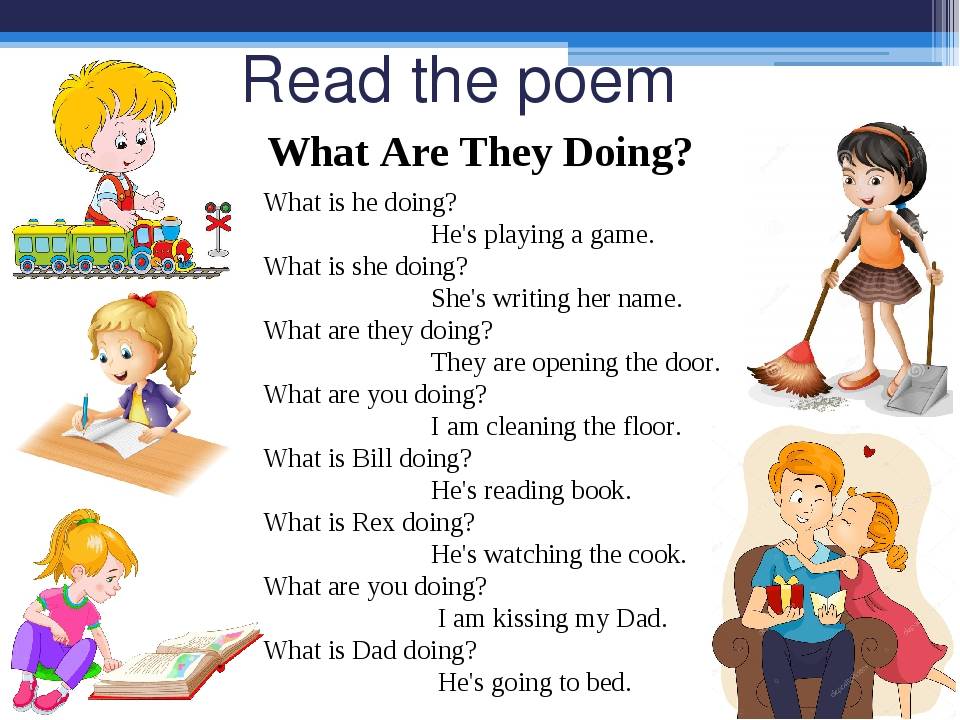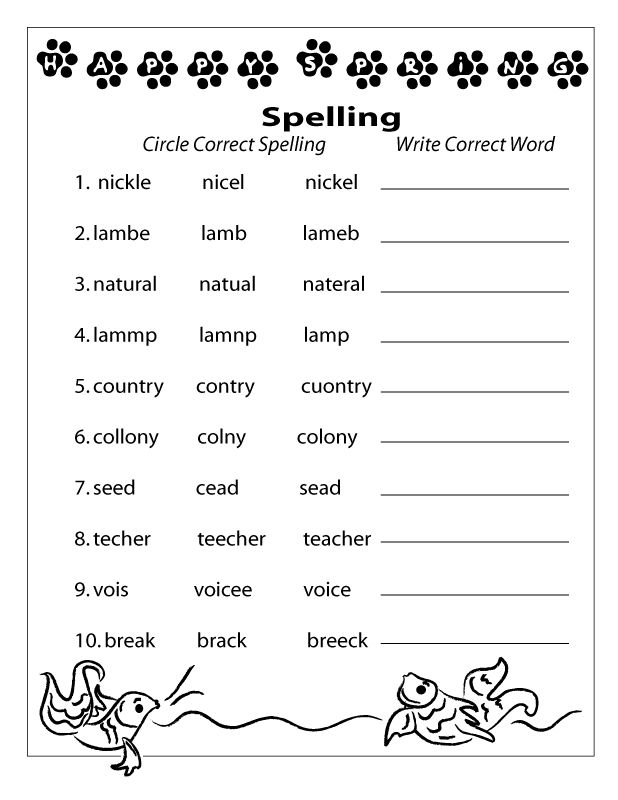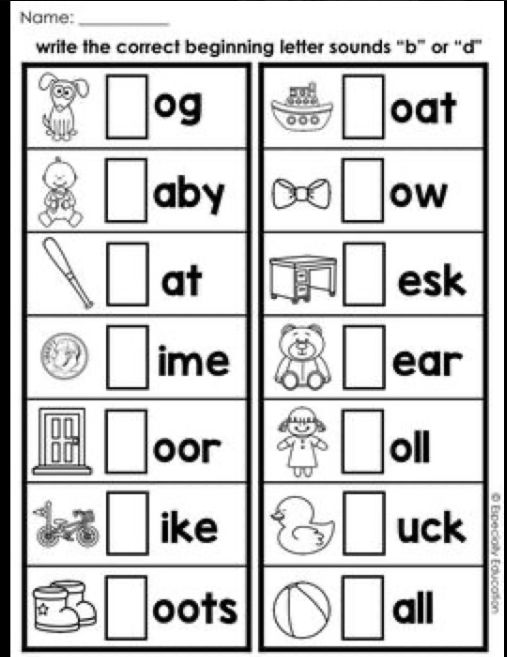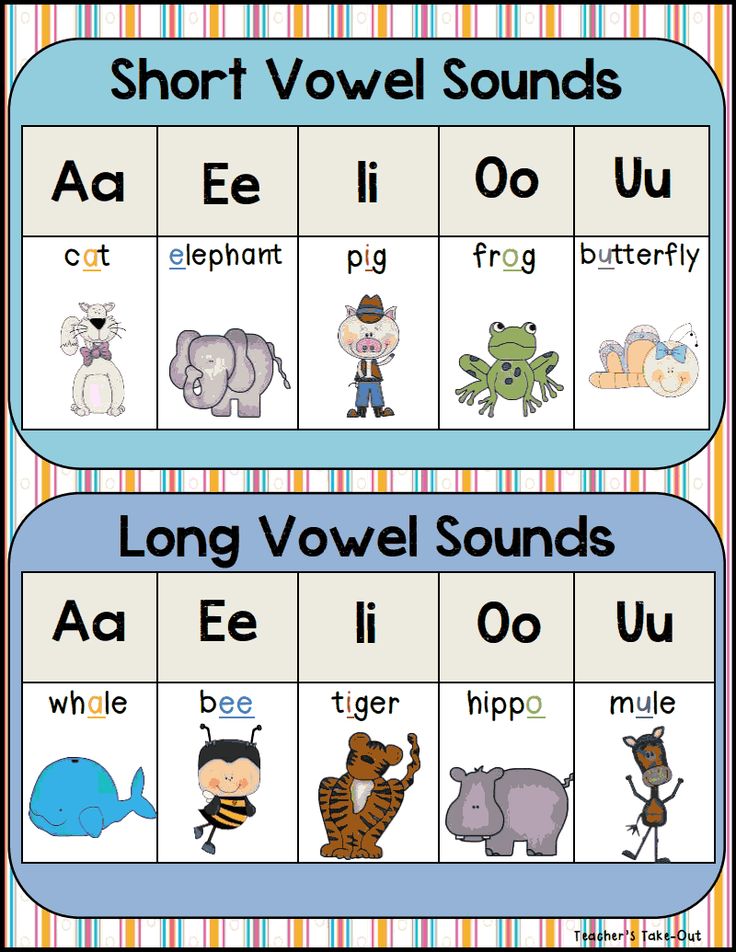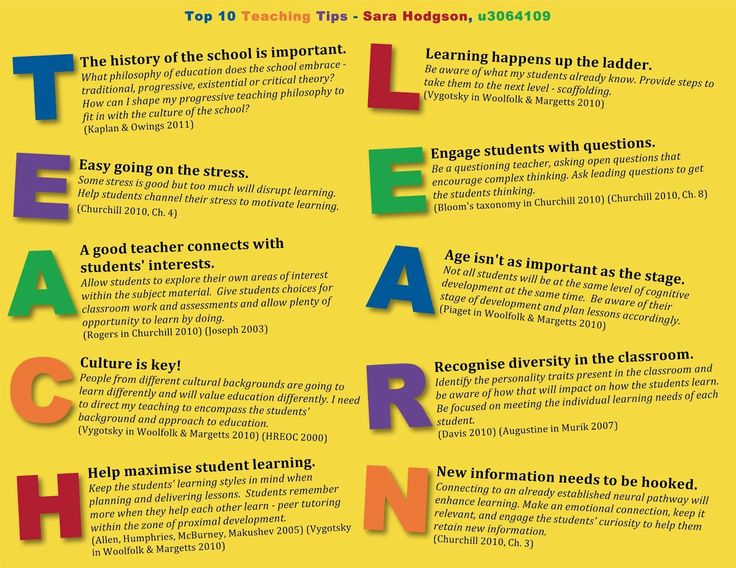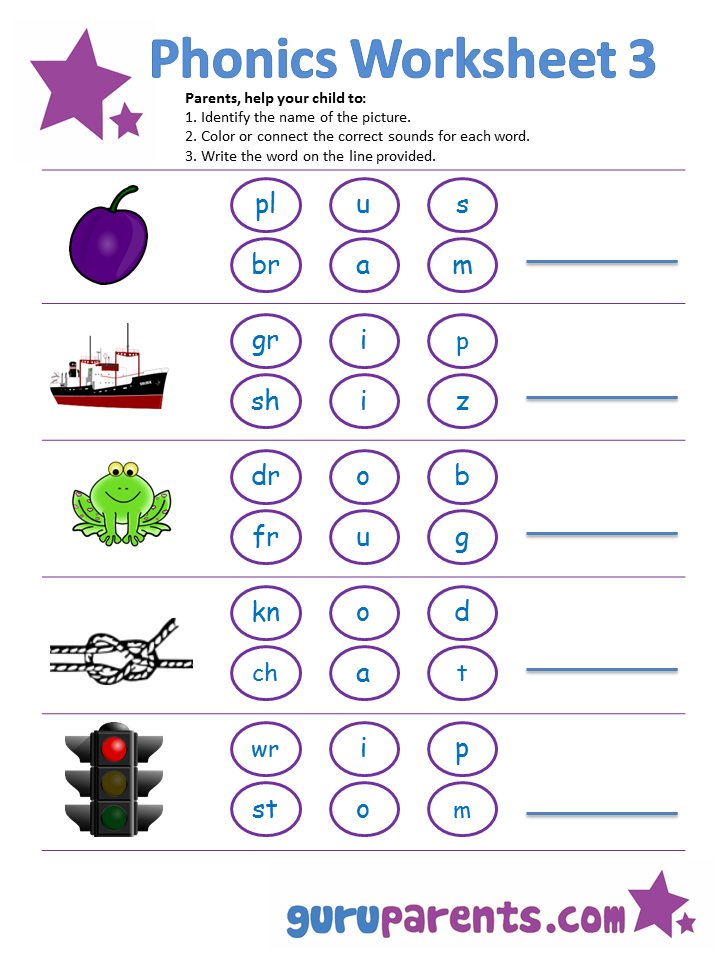What does a child learn in pre k
16 Things Kids Learn in Preschool
- Share
Ever wondered what your kids are really learning at preschool when it seems like they’re just playing all day? The good news is that if it seems like they’re “just playing” then the school is doing something right!
Learning during the first 6 years is about building skills through play.
This does not only apply to babies and toddlers. Preschoolers learn best through play, when using their whole body and engaging the senses.
You may be wondering what a preschool curriculum should include or what subjects are focused on. This is not really that important. There is no curriculum-in-a-box, but rather a set of abilities and skills a preschooler should develop.
Some preschools choose to use set themes around which to plan play activities; others let themes develop naturally (learning about caterpillars when a child finds one in the garden).
A good quality preschool will give your children a well-rounded education through a balance of free play and well-planned, adult-guided play.
So, what do kids learn in preschool? Here are 16 things.
1. Gross Motor SkillsPhysical development starts with developing gross motor skills – the large muscles of the body.
At preschool, your children will be moving nonstop. Movement is the most important skill to develop first in the early years as it is necessary for all other learning.
Children must develop skills such as strength, hand-eye coordination and agility.
They also need to develop two important senses – vestibular and proprioception – responsible for balance and body awareness.
Movement is important as it stimulates learning, improves concentration, gives the brain oxygen and works both sides of the brain. Good gross motor skills also lay the foundation for fine motor skills.
Some examples of gross motor activities:
- Throwing and catching balls
- Playing hopscotch
- Singing action songs
- Playing with bean bags
- Balancing on beams
- Climbing and hanging
- Skipping and hopping
- Running and chasing games
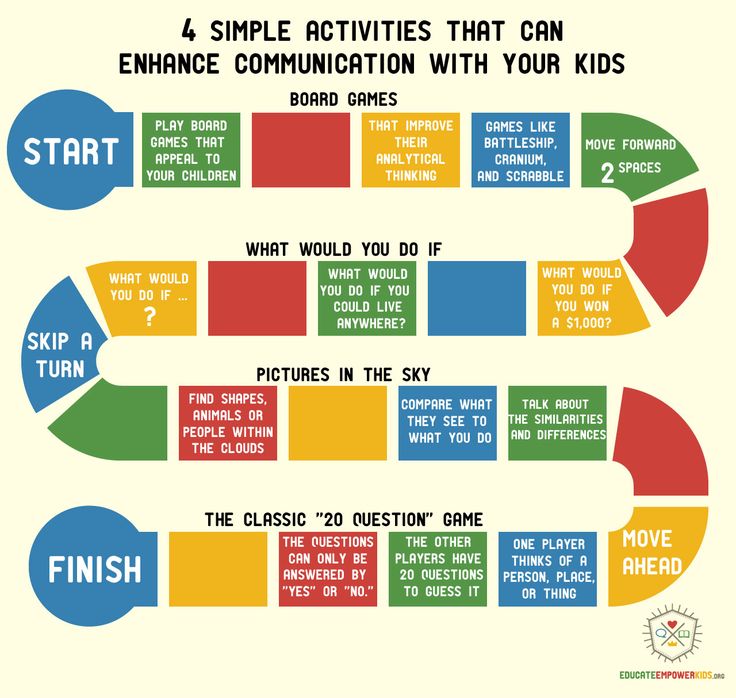 Fine Motor Skills
Fine Motor SkillsFine motor coordination – the development of the small muscles – is a prerequisite to learning how to write and is necessary for performing everyday tasks.
In preschool, children spend a large portion of their day working on these skills.
Fine motor skills are developed through all kinds of art activities, such as:
- Drawing
- Painting
- Cutting
- Pasting
- Box construction with waste materials
They can also be developed with other fine motor activities such as:
- Pegboards
- Puzzles
- Threading and lacing
- Playing with pegs
- Playing with construction toys (Lego is great)
- Moulding playdough
Developing a pencil grip and learning to form letters starts with all these kinds of fine motor activities.
3. Early Mathematical ConceptsPreschool is where the foundations for mathematics begin.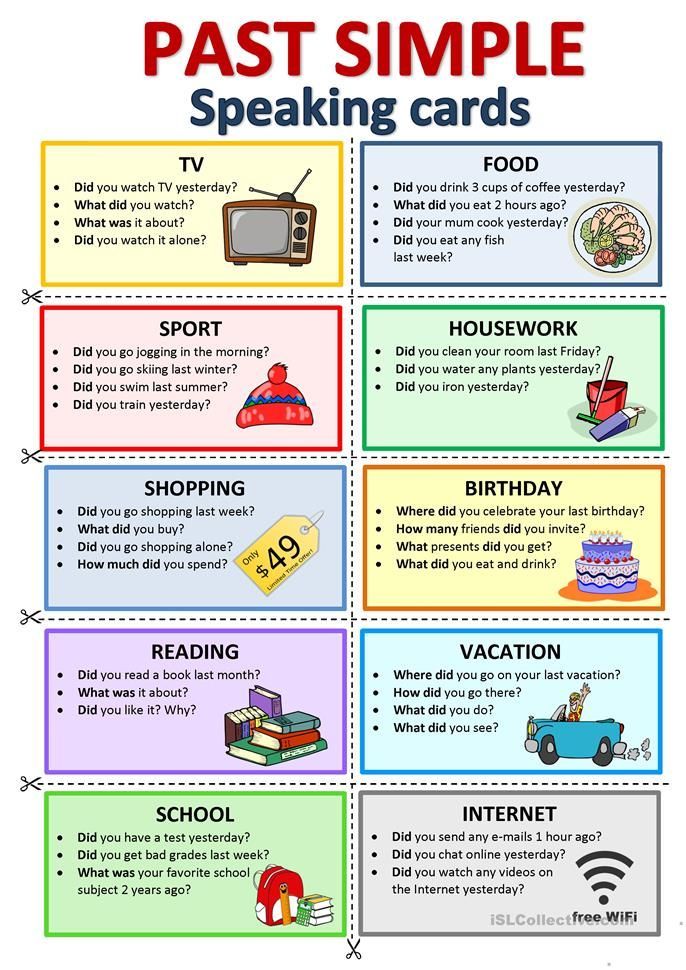 No child ever learns maths in the first grade. The type of maths they learn just becomes more formal.
No child ever learns maths in the first grade. The type of maths they learn just becomes more formal.
In the preschool grades children learn:
- Rote counting (such as counting up to 20)
- One-to-one correspondence (reliably counting objects)
- Classifying
- Sorting
- Length
- Capacity
- Weight
- Area
- Temperature
- Time
- Space
- Shape
These concepts are learned while having pure fun – in the sandpit, while baking, playing with water, building with blocks and even while tidying up.
4. Problem SolvingProblem solving is an important life skill and one that must be developed early on. Learning this in preschool also helps children with mathematical problem solving during the formal grades.
Problem-solving skills are built during simple activities such as:
- Construction play
- Building puzzles
- Playing board games
- Resolving problems during social play
 Language and Vocabulary
Language and VocabularyPreschool is a language-rich environment where children’s vocabulary expands dramatically.
They learn sentence construction, the use of grammar and tenses, the meaning of words, etc.
Language and vocabulary are learnt throughout the day while:
- Having circle time discussions.
- Singing rhymes and songs.
- Playing games.
- Playing alone and with friends.
- Learning about a theme.
- Playing with toys, equipment and other materials.
- Listening to stories.
Writing starts with developing important pre-writing skills through play and art activities.
These four skills are specific requirements for learning to write and will be the focus during preschool:
- Pencil grip
- Crossing the midline
- Learning about letters and their formation (through play, not formal writing)
- Learning to form patterns (for example drawing big waves or zig-zags which mimic the shapes found in letters)
 Listening Skills
Listening SkillsListening is one of the most important and often underdeveloped skills. This should be a focus area during preschool.
Children learn to listen by doing these kinds of activities:
- Listening to stories
- Playing games such as Broken Telephone or I Spy
- Following instructions
- Class discussions
- Music activities
Although your children are learning to listen at school, it is highly recommended to focus on these skills at home too. Children with good listening skills are much more successful and capable at school.
Here are some listening games you can play at home.
8. Musical SkillsMusic in preschool is about so much more than just developing musical skills.
Music develops children’s:
- Vocabulary
- Understanding of rhyme, syllables and sounds
- Auditory perception
- Concentration
- Fine motor skills (finger plays)
- Gross motor skills (action rhymes)
- Mathematical skills (counting rhymes)
- decision-making skills (games such as musical chairs)
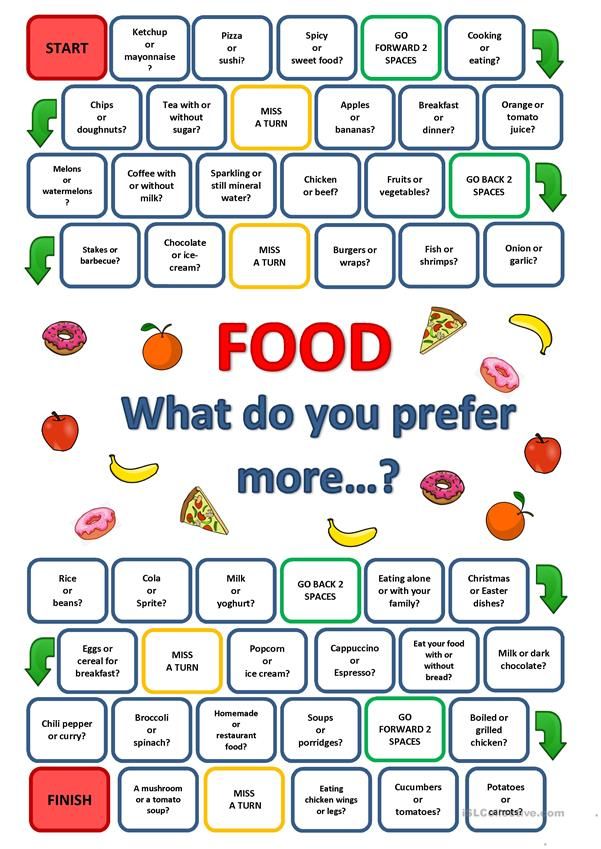 Visual Perceptual Skills
Visual Perceptual SkillsVisual and auditory perception are the two main building blocks of learning to read.
Children develop their visual perception during preschool with the following types of activities:
- Activities that teach about shapes and colours
- Patterning activities
- Puzzles and tangrams
- Card games
- Memory games
Auditory perception is the brain’s ability to make sense of what the ears hear. It is vital for being able to learn sounds for reading.
These kinds of activities develop auditory perception:
- Reciting rhymes and poems
- Playing with instruments
- Playing sound games
- Playing word games
During preschool children develop all the necessary pre-reading skills to set them up for learning to read formally.
Learning to read requires developing sound knowledge (auditory perception) and symbol knowledge (visual perception), as explained above.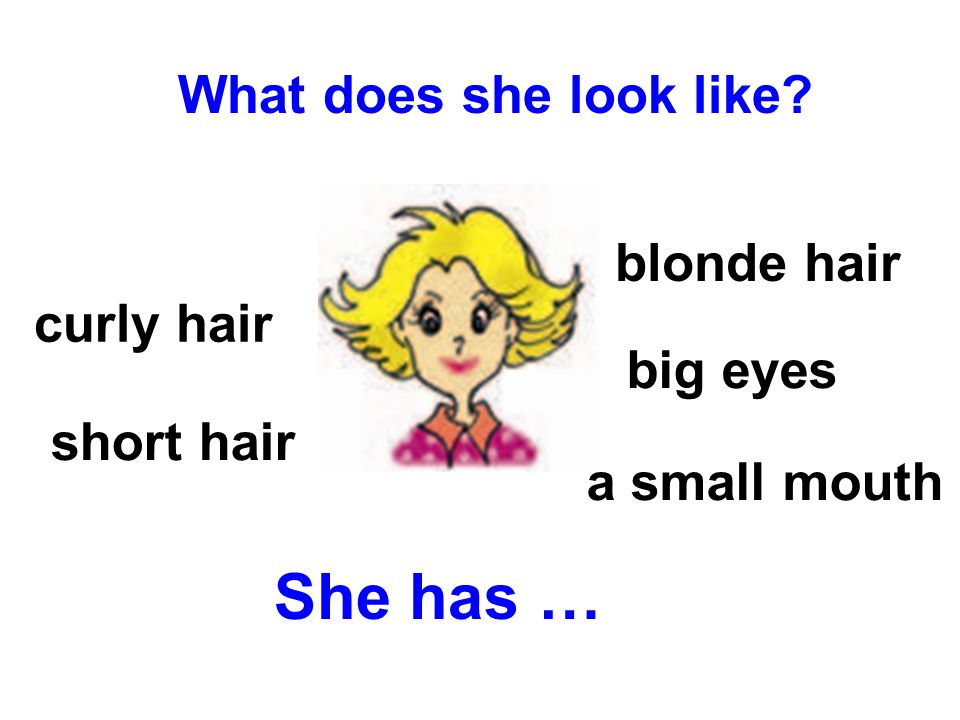
These are the five main pre-reading skills:
- Print awareness – understanding that written words convey meaning.
- Motivation to read – exposure to books that ignites a desire to read.
- Listening comprehension – the ability to understand what is heard.
- Letter knowledge – informal exposure to letters and their sounds during play.
- Phonological awareness – being able to hear sounds in words (beginning, middle and end sounds).
Children are exposed to these kinds of activities:
- Playing rhyming games
- Playing word games
- Games involving hearing syllables
- Playing listening games
- Following instructions (single and multiple instructions)
At school, children also strengthen their memory, a skill they will rely on for learning throughout their education.
These are the kinds of games that are often played in preschool classes:
- Memory card games (get your own cards by downloading the FREE set of printables at the end of the post).
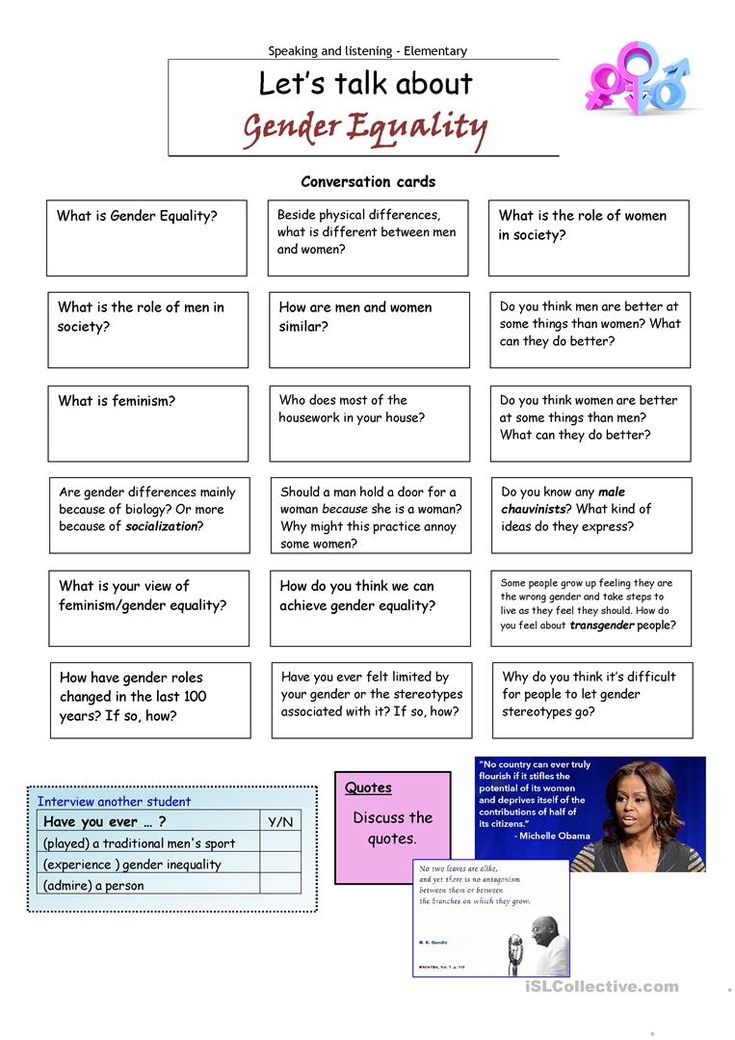
- Circle memory games such as “I went to the shops and I bought a…”. Each child has a turn to add an item, but must first recall the entire list before adding their item.
- List games such as “Categories”. Pick a category (e.g. fruits) and go around the circle asking each child to add the name of one fruit. No fruits may be said twice so children must remember which ones were already mentioned
As children explore and interact with their environment and nature, they also learn about early science concepts.
A great example is learning about physics by discovering the properties of water during water play:
- Water makes sand heavier.
- Water influences the texture of sand.
- Water falls through space (e.g. through a sieve).
- Air (wind) moves water.
- Water is a liquid because it pours.
- Water takes the shape of the container it is poured into.
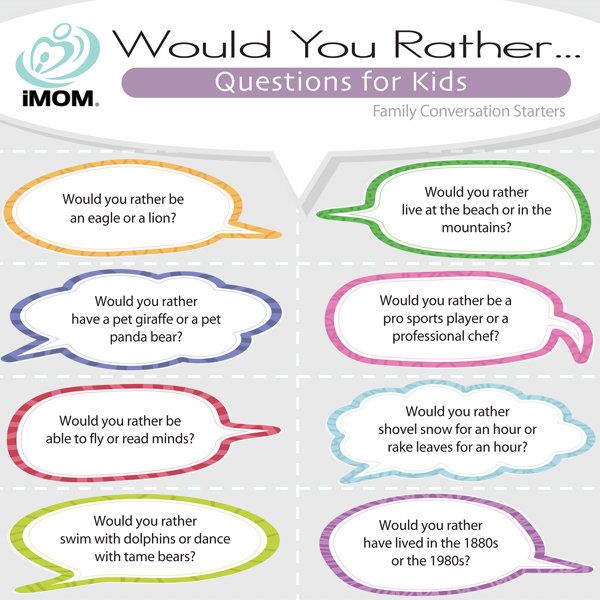
Where better to learn social skills than in preschool? Children are surrounded by friends and adults and they learn to interact appropriately with others.
Throughout the day children learn about:
- Taking turns
- Sharing
- Considering the opinions of others
- Showing empathy
- Cooperating and negotiating
- Resolving conflicts
- Leading and following
- Creating and following rules in games to encourage positive interaction
Preschool is where a child’s creative spark can really be ignited.
There are many opportunities throughout the school day where children develop their creative expression:
- During art activities – painting, constructing, drawing
- Musical activities – dancing, singing and playing with instruments
- Playing with construction toys
- Drama and puppet play
- Telling stories
- Fantasy/ dress-up play
- Outdoor play (e.
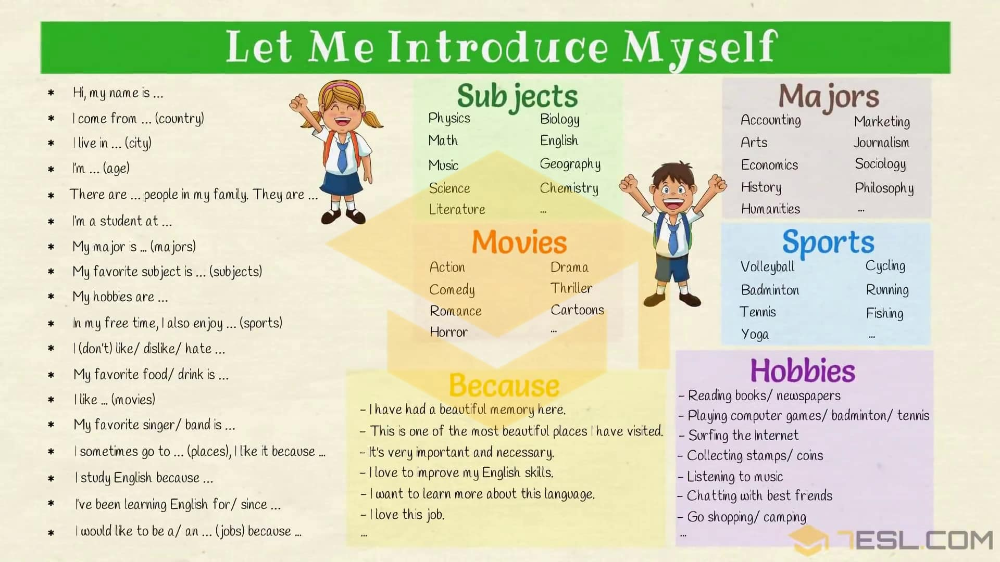 g. building forts)
g. building forts)
Last but perhaps most importantly, the greatest takeaway for young children at preschool is their growing independence.
Children learn to take care of themselves and show a sense of responsibility and a desire to be competent.
There are endless opportunities for this:
- Regular tidy-up times
- Taking accountability for actions
- Looking after belongings (shoes, bags, books, etc.)
- Self-care (going to the bathroom, washing hands, etc.)
- Making choices throughout the day (during free play or activities with choice)
And there you have it. That is certainly not a complete list as your kids are learning so much but that is more or less a summary of what skills a preschooler should have.
Here is a detailed school readiness checklist if you’d like to delve into each developmental area more.
Be wary of preschools that focus on academic skills.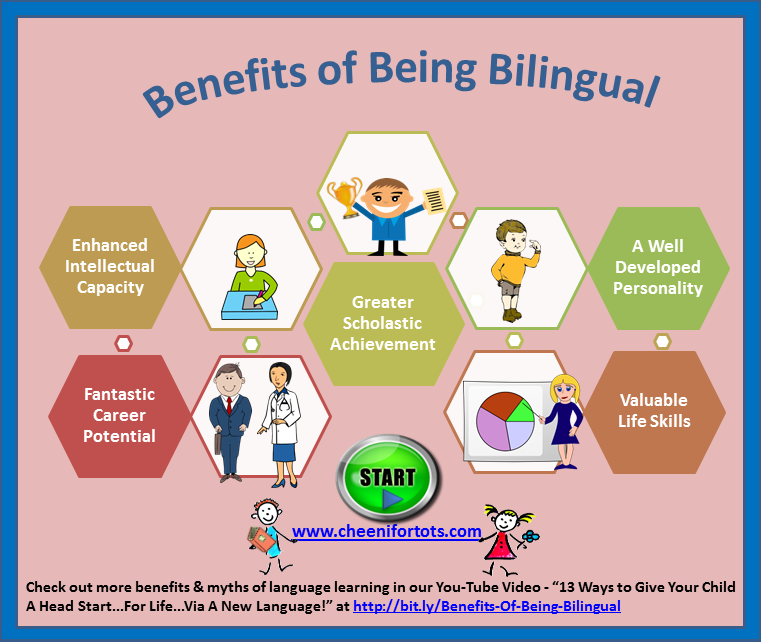 This is developmentally inappropriate and, as you can see from the list above, play is important during the early years.
This is developmentally inappropriate and, as you can see from the list above, play is important during the early years.
Get FREE access to Printable Puzzles, Stories, Activity Packs and more!
Join Empowered Parents + and you’ll receive a downloadable set of printable puzzles, games and short stories, as well as the Learning Through Play Activity Pack which includes an entire year of activities for 3 to 6-year-olds.
Access is free forever.
Signing up for a free Grow account is fast and easy and will allow you to bookmark articles to read later, on this website as well as many websites worldwide that use Grow.
- Share
The Ultimate Guide to Preschool
Preschoolers learn “pre-skills,” which lay the groundwork for the future. Through their playing, singing and learning, preschoolers gain skills that ultimately help them learn to read, write, build their math and science skills, and become successful students.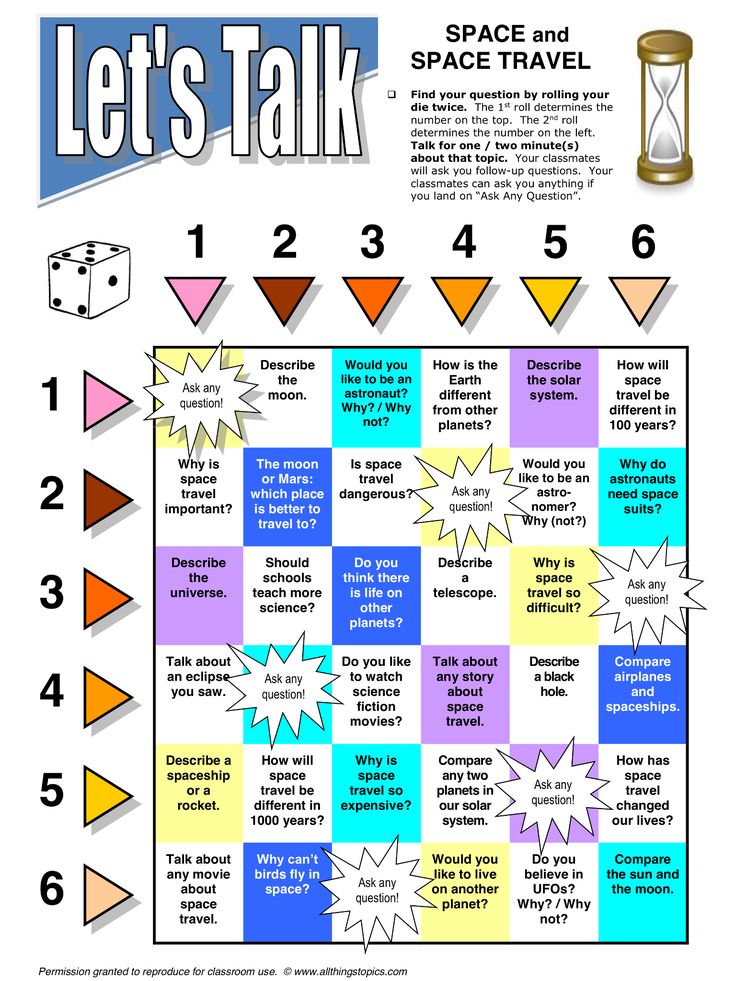 Preschoolers also learn “school readiness” skills, which help them understand the routines of school, how to work in groups, and how to be students.
Preschoolers also learn “school readiness” skills, which help them understand the routines of school, how to work in groups, and how to be students.
Preschool classrooms are often organized by centers or areas that are divided by different subjects and types of play. For example, a typical preschool classroom may have the following centers: reading, arts and crafts, water/sand table, building and math toys, and an area for pretend play. The school day is structured with both time for free play, during which children can choose which centers to play in, as well as structured schedules devoted to each subject.
Though it may seem like it, preschool is not all fun and games. In fact, preschoolers learn through the fun and games! Research has shown that the development of early literacy and math skills in preschool is associated with future school achievement in both mathematics and literacy. (Here's everything to know about language and literacy development in children ages 3 to 5. ) Preschoolers are very enthusiastic about exploring the math and science concepts described below and these positive attitudes can also greatly contribute to their future success in school. In addition, as preschoolers move through their classrooms and manipulate toys, puzzles, and shapes, they develop important cognitive skills.
) Preschoolers are very enthusiastic about exploring the math and science concepts described below and these positive attitudes can also greatly contribute to their future success in school. In addition, as preschoolers move through their classrooms and manipulate toys, puzzles, and shapes, they develop important cognitive skills.
Reading in Preschool
Preschoolers develop their literacy skills throughout the day, not only during the scheduled “reading” time. Teachers use read-alouds as well as poems, songs, and rhymes to teach topics across all subjects, and classrooms are filled with signs and labeled objects which help kids make connections between objects and words, and words and letters.
In order to build reading skills, your preschooler:
- Recites rhymes, songs, and poems.
- Is surrounded by words and labeled objects in his classroom.
- Begins to recognize letters and their sounds.
- Reads, listens to, and talks about books.
Reading Activities
- Make Character Puppets: Create sock or brown paper bag puppets of your child’s favorite characters in books you read together.
 Use the puppets to act out the stories with your child.
Use the puppets to act out the stories with your child. - Make Up Stories: Tell your child stories about your childhood and make up stories together.
- Use a Computer: Identify and type out letters, names, and words.
- Make Letter Cookies: Roll out cookie dough into letters. You can also spell out your child’s name and other words with it. Here are sensory ideas for teaching sight words.
- Rhyme Time: Play a game in which you take turns saying words (both real and silly), thinking of as many rhymes as possible.
Preschool Reading Checklist
1. Pete the Cat Phonics Box Set: Complete with 12 colorful books covering long and short vowel sounds, a carry-along box, and original artwork from author/illustrator James Dean, this groovy set uses research-backed methods to easily teach kids how to read.
2. David Goes to School: In this charming book, David teaches preschoolers all about how to act in a school setting — all while providing a ton of laughs!
3. Baby Shark: This sing-along book isn't just incredibly catchy, but its repition teaches preschoolers about the rhythm of language, something that will be helpful as they develop their pre-reading skills. The picture guides illustrating accompanying dance moves will also help them sharpen their fine motor skills and their ability to follow directions. Follow this book up with Hide-and-Seek, Baby Shark! and Bedtime for Baby Shark.
Baby Shark: This sing-along book isn't just incredibly catchy, but its repition teaches preschoolers about the rhythm of language, something that will be helpful as they develop their pre-reading skills. The picture guides illustrating accompanying dance moves will also help them sharpen their fine motor skills and their ability to follow directions. Follow this book up with Hide-and-Seek, Baby Shark! and Bedtime for Baby Shark.
Writing in Preschool
Many of preschoolers’ early writing skills are developed through the various arts and crafts projects they do throughout the day. As preschoolers paint, draw, cut, stick, and glue, they build strength in their hands and develop their fine motor skills, gaining the strength and skills required to hold and use pens and pencils. (Here's what's happening when your preschooler starts to color inside the lines.) And, of course, the reading that your preschooler does is directly connected to developing her writing and literacy skills.
In order to build writing skills, your preschooler:
- Draws, paints, cuts, and glues, developing fine motor skills.
- Practices writing letters and names.
Writing Activities
- Practice Writing Your Child’s Name in Creative Ways: Use sidewalk chalk, paints, a stick in the dirt, or write on a steamy window.
- Arts and Crafts: The more your child draws, glues and paints, the stronger his hands will be. Preschoolers love to glue and cut anything from googly eyes and shapes to pictures from magazines.
- Write Letters and Cards: Your child can help you write a letter or card to someone. She can decorate it and help you decide what to write. She can even hold your hand as you write some of the words (particularly, her name) or add her own “note” or picture to a card you write.
- Cut things!: Guide your child in cutting out different shapes from paper, felt, or another material. He can also cut objects such as plastic straws or lines on wrapping paper.
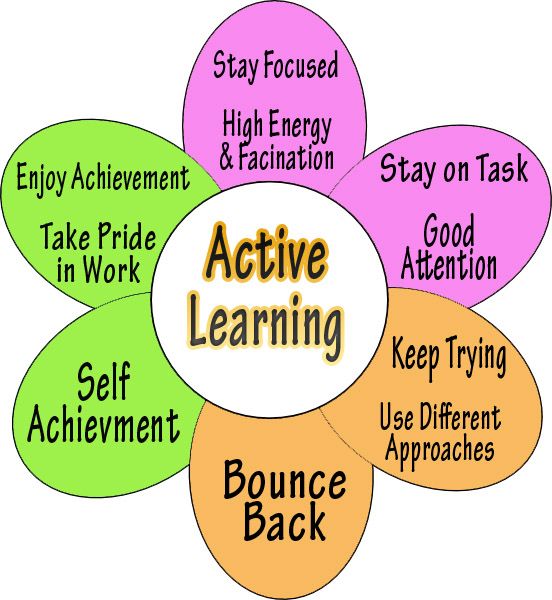
Preschool Writing Checklist
1. Scholastic Early Learners: Write and Wipe: This dry-erase book helps preschoolers learn letters and numbers, all while providing pictures and words for them to trace. Parents love this book because kids can use it over and over again for repeated practice (check out more details about the Write and Wipe books here!).
2. BOB Books Workbook Pack: A great companion to BOB Books, this collection allows preschoolers to extend their reading journey into workbooks, where they'll find custom content designed to boost reading and writing skills. They will be able to grow with this workbook set as they enter kindergarten and first grade, too.
Math in Preschool
Daily preschool math activities include learning numbers, practicing counting, creating and learning shapes, and working with calendars. In addition, playing with puzzles, building toys, blocks, and games helps preschoolers practice and build math skills as they count, manipulate objects, and work with different shapes, spaces, and sizes.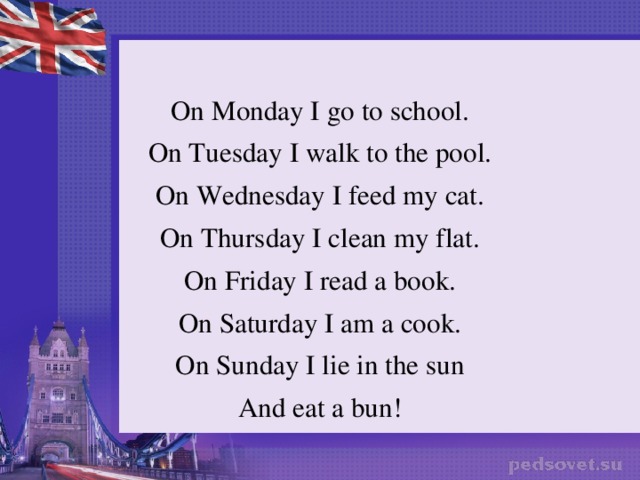
In order to build math skills, your preschooler:
- Counts.
- Learns what a number is.
- Learns about, finds, and forms shapes and patterns.
- Measures.
- Sorts, categorizes, and compares objects.
Math Activities
- Count in a Fun and Active Way: Count steps as you climb them, count as your child jumps, or count objects as you buy them in a store.
- Play with Shapes and Patterns: Use blocks, straws, sticks, and other objects to make shapes and create patterns.
- Sorting Races: Ask kids to sort different shapes and colors as fast as they can.
- I Spy: Play “I Spy” with shapes and colors. For example say “I spy a circle,” or “I spy something red.” You can also use the I Spy books for this.
- Shape Collages: Make collages or books of objects that are different shapes and colors.
- Number Books: Make your own counting book. Each page can have a number and that quantity of objects.
 Use drawings, photographs, magazine clippings, or actual objects (buttons, small toys, etc.).
Use drawings, photographs, magazine clippings, or actual objects (buttons, small toys, etc.). - Play with Your Food!: Make different shapes out of food such as sandwiches, cut up vegetables, noodles, and pizza dough. Alternatively, cut pizza dough or tortillas into different shapes of pizza.
Preschool Math Checklist
1. PAW Patrol: Heroes at Work!: Your preschooler's favorite puppy pals race off to different rescue adventures in this book, which is presented in a countdown format that subtly teaches numbers. Kids can list off numbers with you as each PAW Patrol pal heads off and then returns to celebrate a job well done! (Side note: This is the ultimate craft kit for PAW Patrol fans.)
Science in Preschool
Very often, teachers will teach specific science lessons once to a few a times a week. During this time, the class will learn about a certain topic (for example, water, weather, animals, plants, and nature) through the use of books, demonstrations with actual objects, explorations outside, or interactive activities. In addition, preschoolers are natural scientists as they play and explore the world around them with their curious minds. They constantly experiment and learn as they play outside, explore natural objects, and play with toys such as clay, sand boxes, and water tables.
In addition, preschoolers are natural scientists as they play and explore the world around them with their curious minds. They constantly experiment and learn as they play outside, explore natural objects, and play with toys such as clay, sand boxes, and water tables.
In order to build science skills, your preschooler:
- Is a natural scientist, constantly exploring, observing, questioning and experimenting as she plays and interacts with her surroundings.
- Sorts and organizes.
- Interacts with and learns about nature.
Science Activities
- Go Outside: Draw, write about or take pictures of plants, insects, animals, and nature.
- Cook: Mixing, measuring, and cooking all introduce your preschooler to scientific concepts and skills. Talk about what happens when things get hot, cold, or mix together, and which measurements are "more" or "less."
- Garden: Growing plants teaches preschoolers the basics of how plants grow and what they need to thrive.
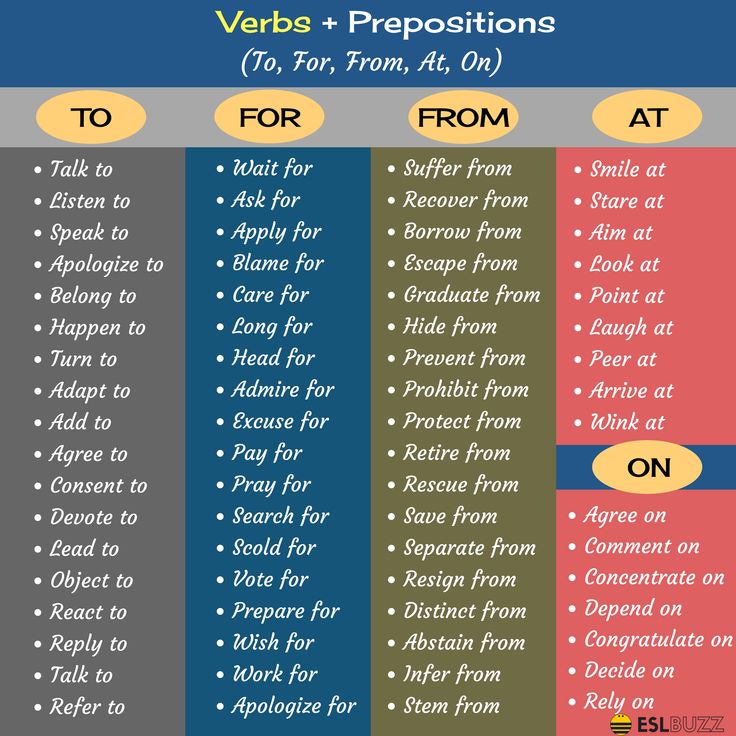
- “Study” Your Pets: Talk to your preschooler about the scientific parts of your pet — its body, how it grows, its habitat, and what it needs to live.
Preschool Science Checklist
1. Guided Science Readers Parent Pack: Levels E-F: Introduce your child to the fascinating world of science with these age-appropriate readers about animals like horses, chameleons, tigers, bears, and honeybees! This pack comes with motivating stickers, a mini activity book, and tips for parents.
Social Emotional Learning in Preschool
Social emotional learning in a preschool classroom occurs throughout the day, as preschoolers interact with each other, learning to share, take turns, and work together. Through these interactions, they build their social skills and learn how to be successful students.
As a part of social emotional learning, your preschooler:
- Works in groups, sharing and taking turns.
- Cleans up and helps organize the classroom.
- Practices manners during meal and snack time.
- Develops conflict resolution skills.
- Develops communication and conversation skills.
Social Emotional Learning Activities
- Mind Your Manners: Practice manners such as saying “thank you” and “please” during meal times.
- Talk about Your Day: Share moments from your day with your child and ask her to do the same. When something very interesting or exciting happens, take a picture of the moment or ask your child to draw a picture of it, then decide together what you can write to describe it.
- Clean Up Toys Together: Make clean-up time fun, asking kids to find like objects, put back toys as quickly as possible, or put away toys that are a certain color or shape.
Preschool Social Emotional Learning Checklist
1. How Do Dinosaurs Play With Their Friends?: "Does a dinosaur mope, does he pout if he can't get his way? Does he hide all his dump trucks, refusing to share? Does he throw his friends' coloring books up in the air?" This playful picture book uses rhyming verse like this and humorous illustrations to teach preschoolers the right way to interact with their friends, and shows them what "playing nice" truly means — an important part of social emotional learning.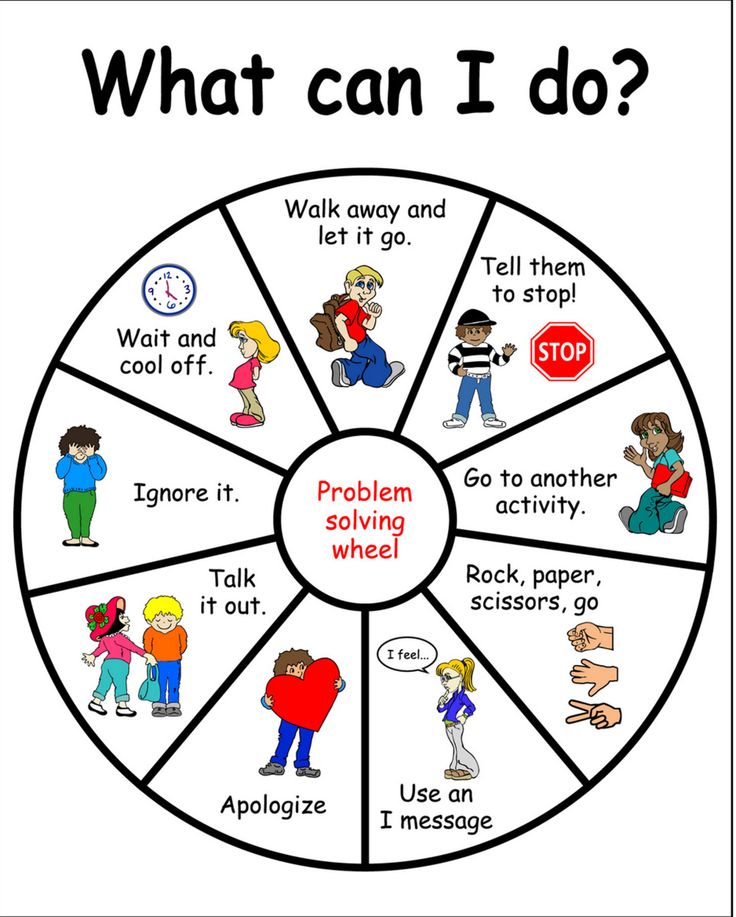
What do children do at American Preschool?RUSIMM
Study, education
- so_sna
- 0
- 0
- 1999
- 18:31
Read a little less than 2 minutes
We have been leaving for a month and a half to the local public school, to the PREK4 class (this is not a compulsory stage of education, preparation for school, which starts at the age of 5) and is ready to share with you some features of education in a preschool institution . nine0003
We have a completely free full-time education from 8:45 to 14:30, with the possibility of a paid extension: $150. Separately, we pay $2.90 for lunches and we have free breakfasts. Children are sure to walk and have 30 minutes to relax, the so-called nap time - daytime sleep. The school class is more like a place to play: there are books, toys, and crafts - there is always a corner for photos of children with their parents, we specially took such photos for the class:
Interestingly, children are regularly transplanted with each other for the sake of communication with different children, in addition, next year the class will be completely disbanded and the teacher will be replaced. nine0003
nine0003
The day is scheduled to the minute and they fully learn not only self-care skills: to pack, undress / dress, etc., but also learn letters, numbers, shapes, learn songs - everything is as usual. Everything that children do at school they pass on to their parents home, this is how our first letters looked.
Many people have probably seen projects in the movies, yes, this is a very common thing here. We already had two projects: the first is a paper bag with 5 things that tells about the child, the second is a pumpkin with a mood that the child wants to make her (ours was happy):
Charity and various activities associated with it are very developed at the school. For example, almost every week we have a TAG DAY: you dress your child not in a uniform, but any clothes on a given topic and give $ 1 to charity for it. The theme of charity is different every time (fighting cancer, teaching poor children in paid sections, etc.) That day there was a purple dress code:
And today we had a charity run - Fun Run.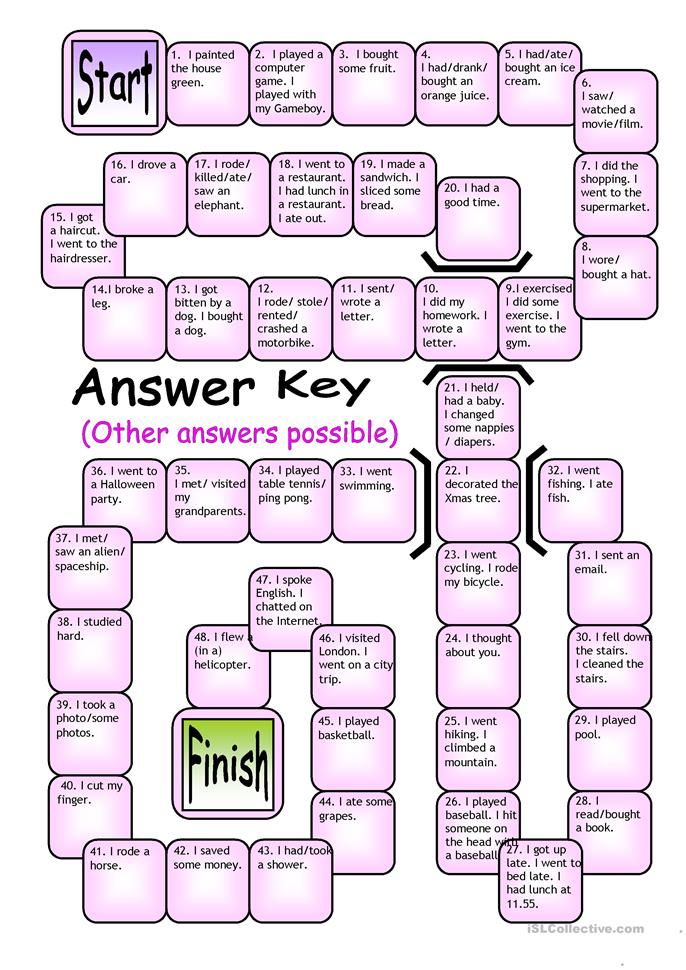 The idea is this: each child collects money for the number of laps, which he then has to run (the price of the lap is fixed). For example, $10 is 25 circles. Parents are actively involved in this: they help in organizing and run along with the younger grades. nine0003
The idea is this: each child collects money for the number of laps, which he then has to run (the price of the lap is fixed). For example, $10 is 25 circles. Parents are actively involved in this: they help in organizing and run along with the younger grades. nine0003
An important part of the training is devoted to the topic of safety: drills and evacuations are regularly conducted. We have a schedule for such events. We have already observed at least one thing - after school there was a fire alarm, with the arrival of the fire brigade and the withdrawal of children - everything is as it should be.
Now everyone is mentally and physically preparing for the big children's holiday - Halloween. Yes, I was not mistaken, it was for children. I will definitely prepare a large detailed report on this and try to convince you. The classes have already decorated, drawing and decorating pumpkins, talking a lot about the harvest and horror stories, all in a fun way. This Friday there will be another small holiday in the park - a game dedicated to the harvest, again with the participation of parents. On October 31 in the morning there is a big parade for children and parents at school, but that's a completely different story. nine0003
On October 31 in the morning there is a big parade for children and parents at school, but that's a completely different story. nine0003
jersey city preschool education usa
Pre-K for All - Growing Up NYC
Pick a language
Language List Button translate- Eligibility
- Statement
- Reference
The Pre-K application for the 2022-2023 school year is now open. Apply on MySchools by March 18, 2022.
Pre-K programs help kids get a head start in school and in life. Children acquire problem-solving skills, learn to ask questions, and explore the world around them. Pre-K programs provide a safe and nurturing learning environment for New York City children.
- Apply for the 2022-2023 Pre-K by March 18, 2022 .
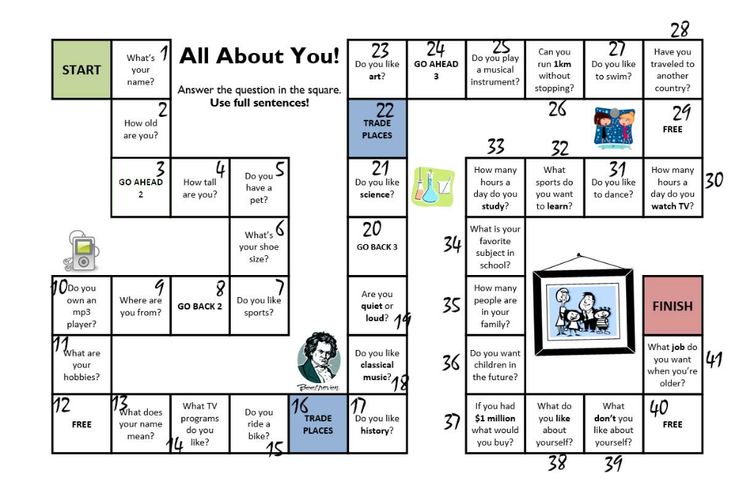
- In New York, children go to prep school in the calendar year that the child turns four. nine0007
- Pre-K offers full-day, extended day, and child care programs throughout the year, including the Head Start program. To learn more.
- Pre-K programs are available at select public elementary schools, Pre-K centers run by NYCDOE staff, and community organizations. Each institution offers a consistent high quality DOE play curriculum.
Who is eligible
- All New York City families with children born in 2018 can enroll for the 2022-2023 school year.
- Children with disabilities can attend Pre-K for All programs. To learn more.
Children do not need to be toilet trained to attend Pre-K programs.
What you need to apply
View the Pre-Enrollment Checklist to learn more about the documents required to pre-register your child and accept their Pre-K offer. For translated copies of the checklist, see the Documents section of the Pre-K Registration Page for Everyone.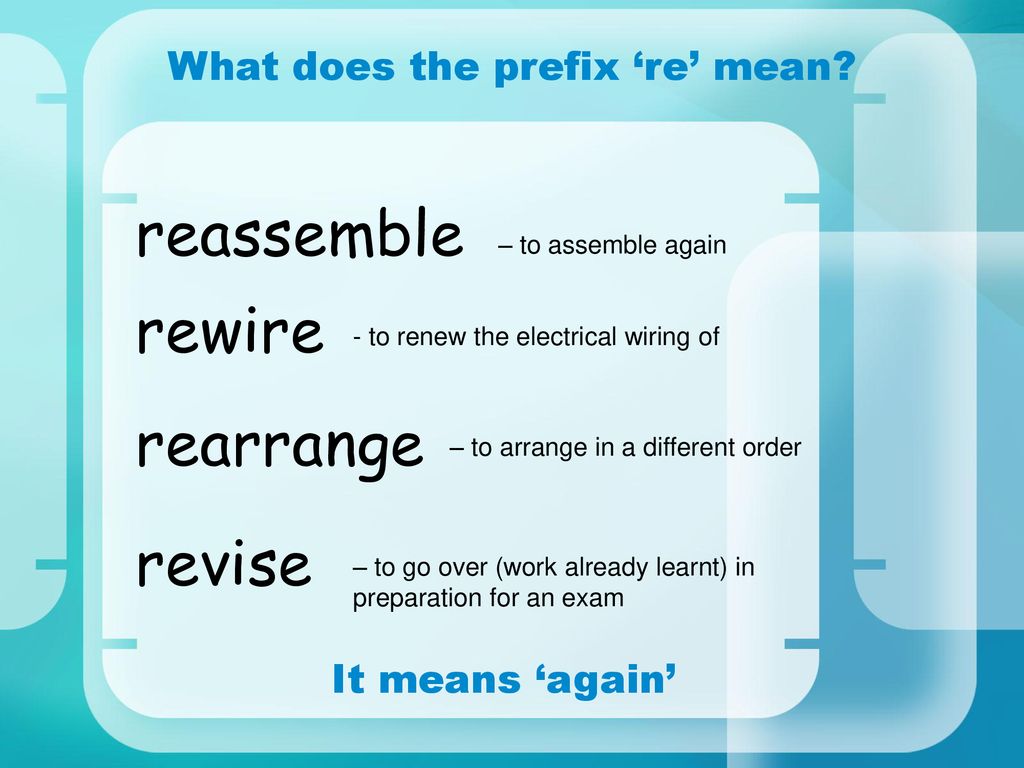 nine0003
nine0003
How to apply
Apply for Pre-K in one of the following ways:
- Online on the MySchools Portal. You can apply online in English, Arabic, Bengali, Chinese, Haitian Creole, French, Korean, Russian, Spanish or Urdu.
- Call by calling 718-935-2009. Interpreter services are available in over 200 languages.
- In person at the Family Welcome Center.
Eligible families can also apply to join free or low-cost Pre-K programs that offer afterschool or child care throughout the year, including the Head Start program. Eligibility for the program is based on income and needs.
You can also find part-time Pre-K programs and Pre-K programs at charter schools at MySchools.
How to get help
- Visit the NYC DOE Pre-K website to learn more about the application process.
- If you have questions about Pre-K enrollment, call 718-935-2009.
